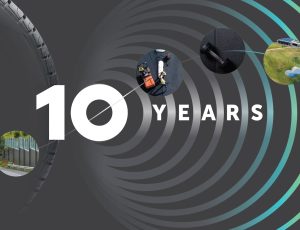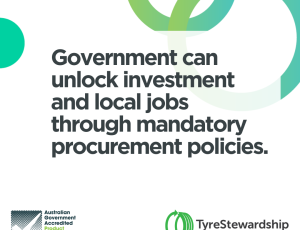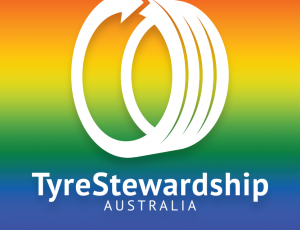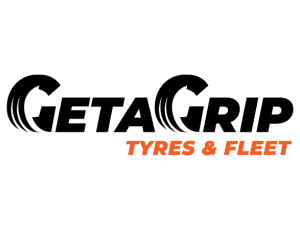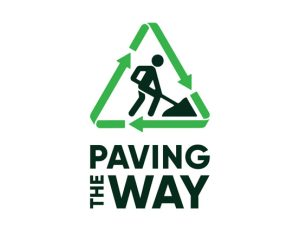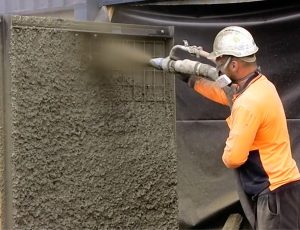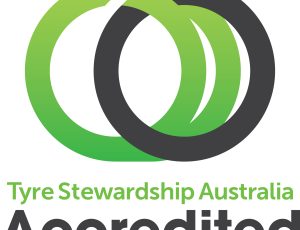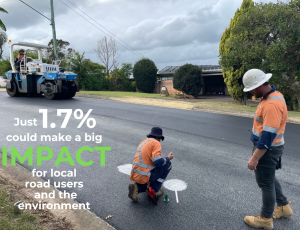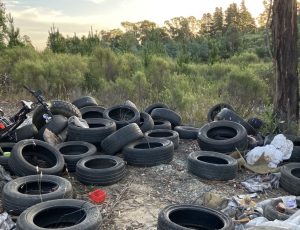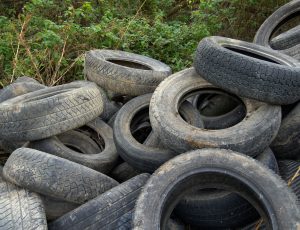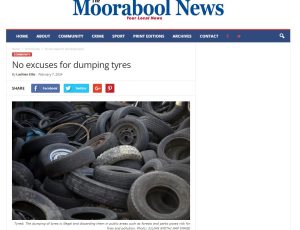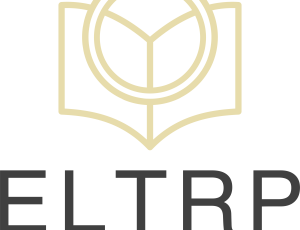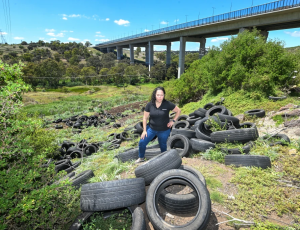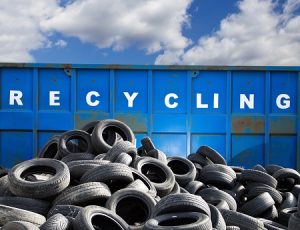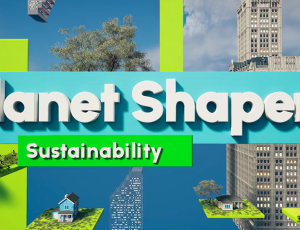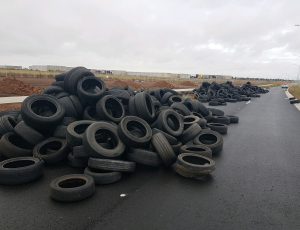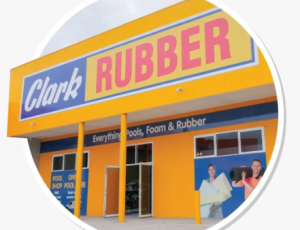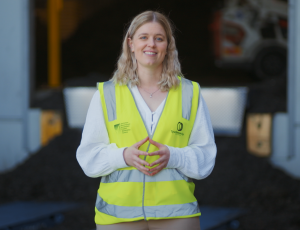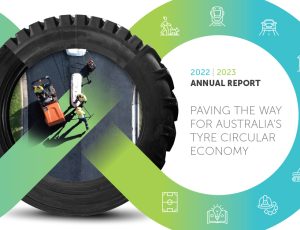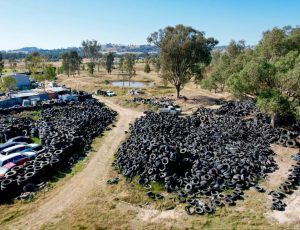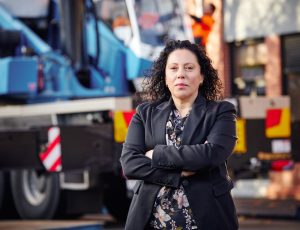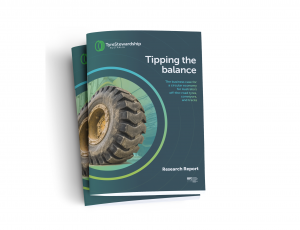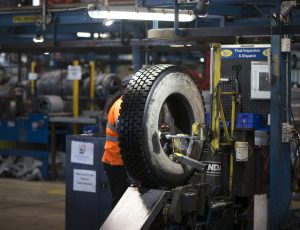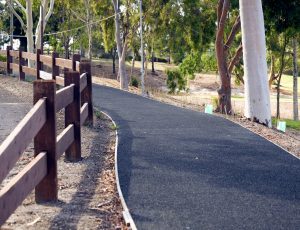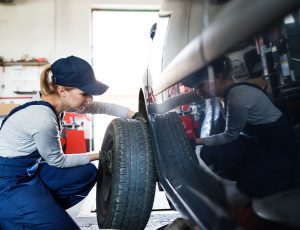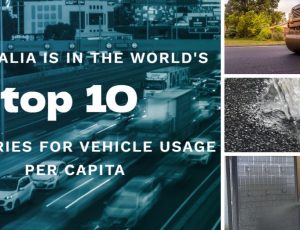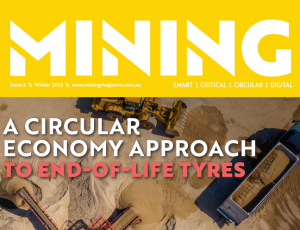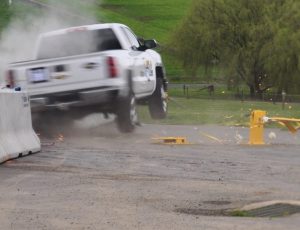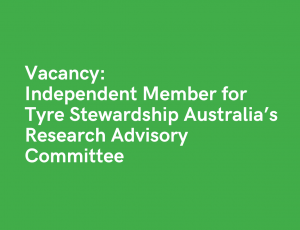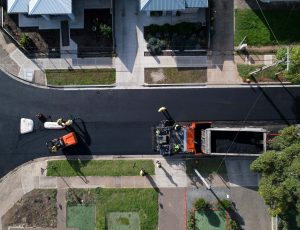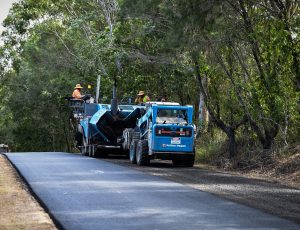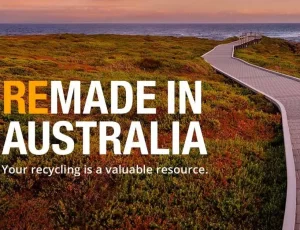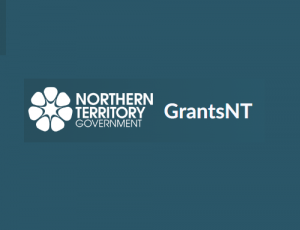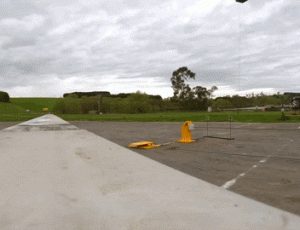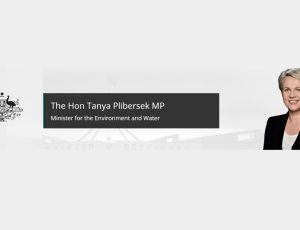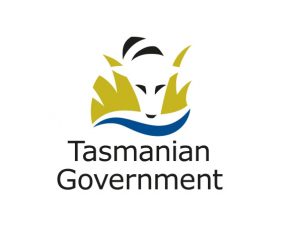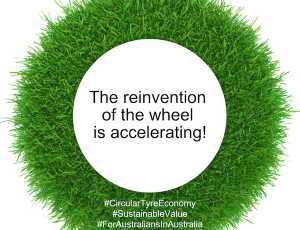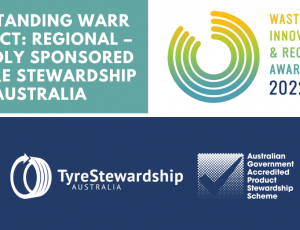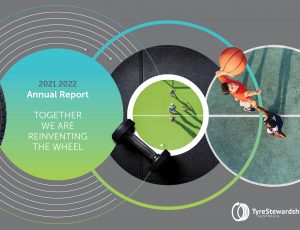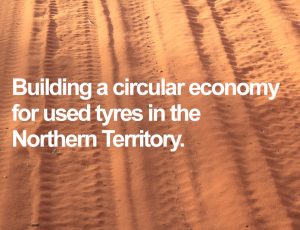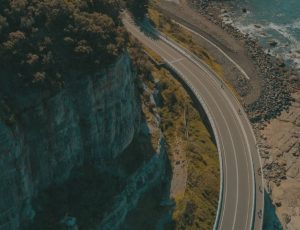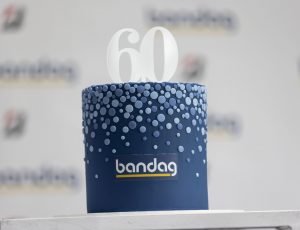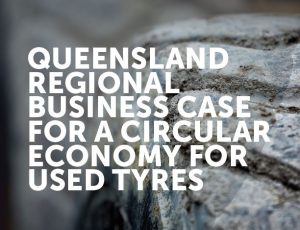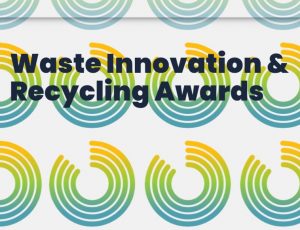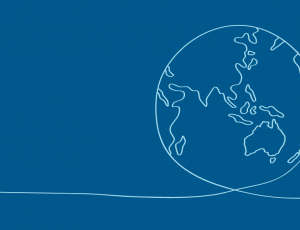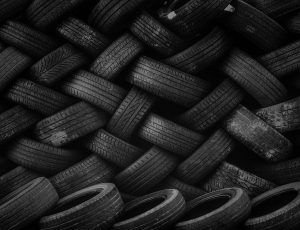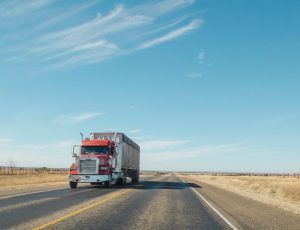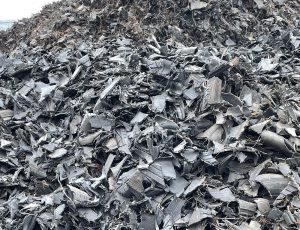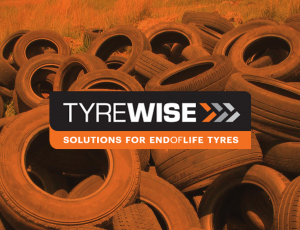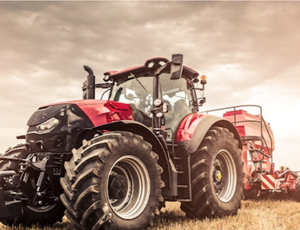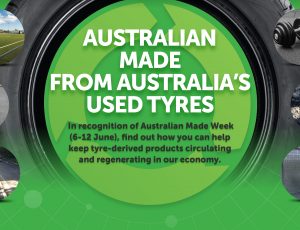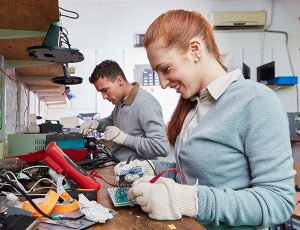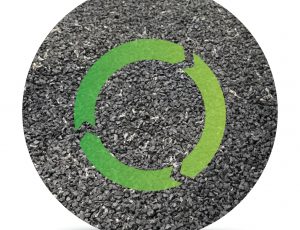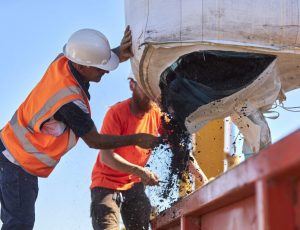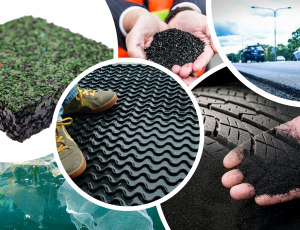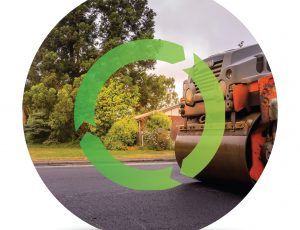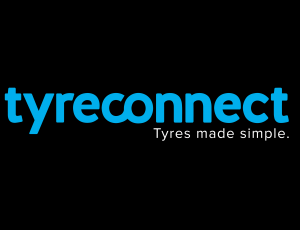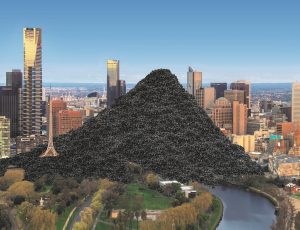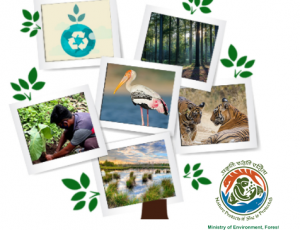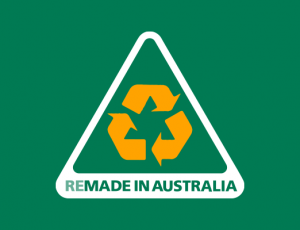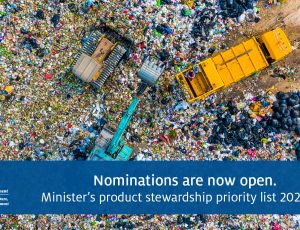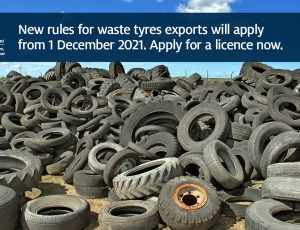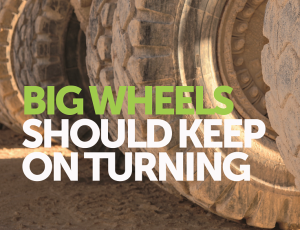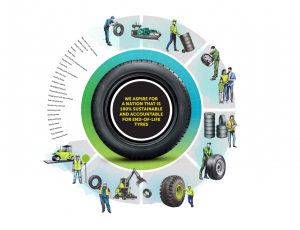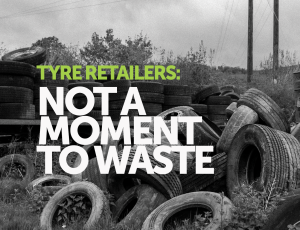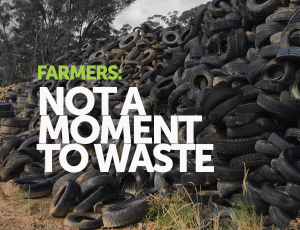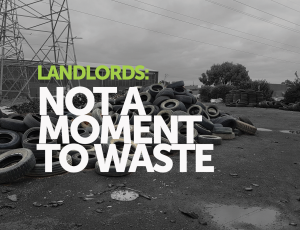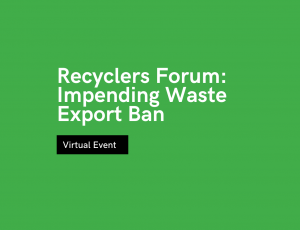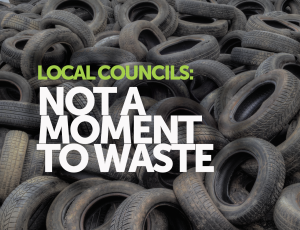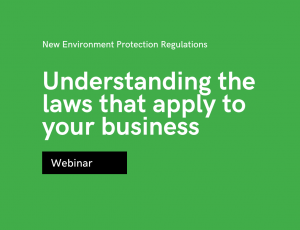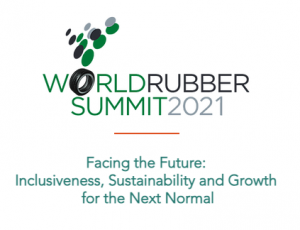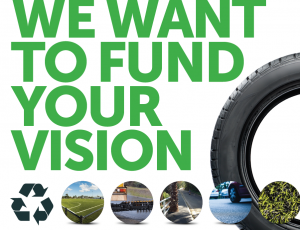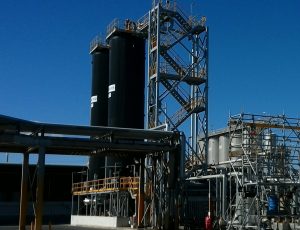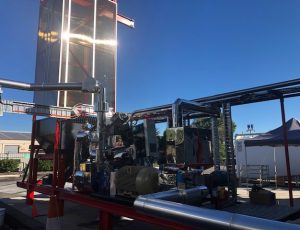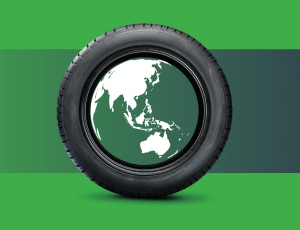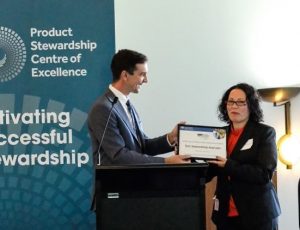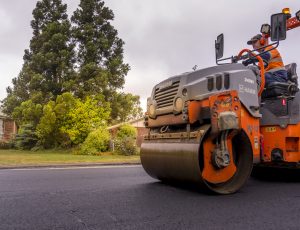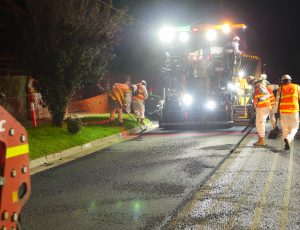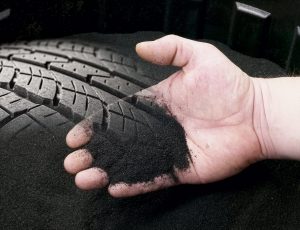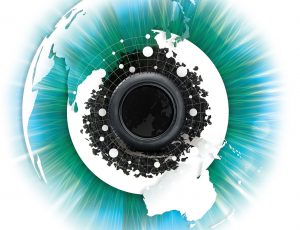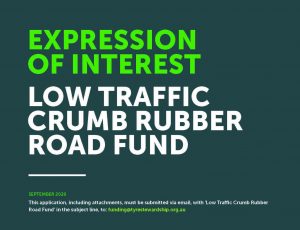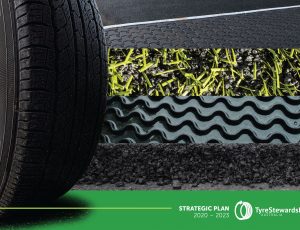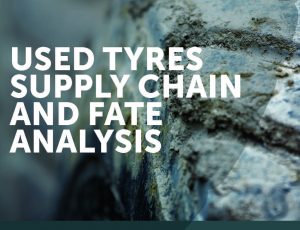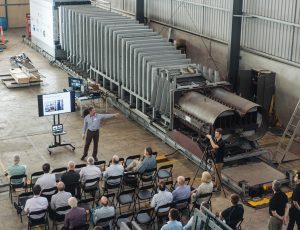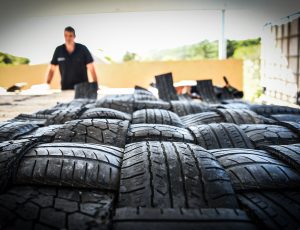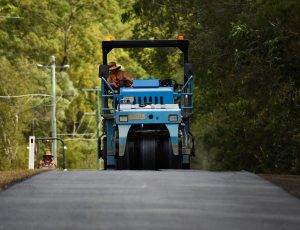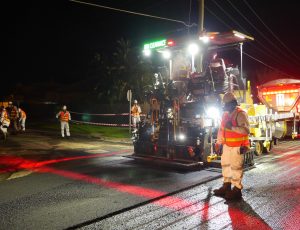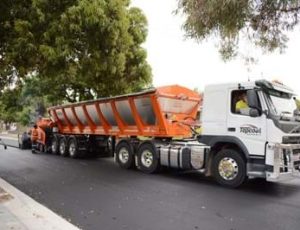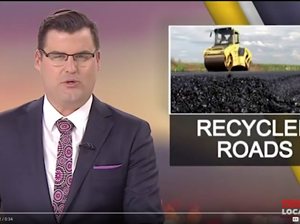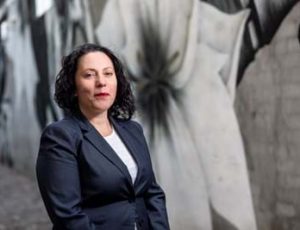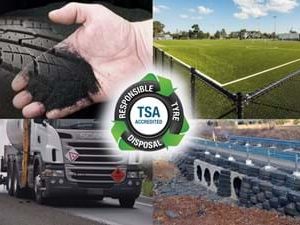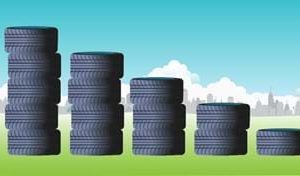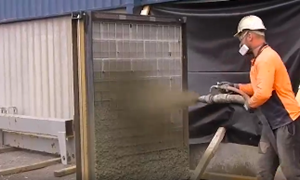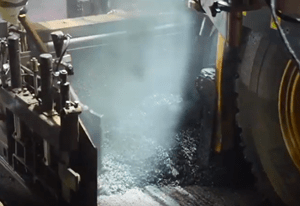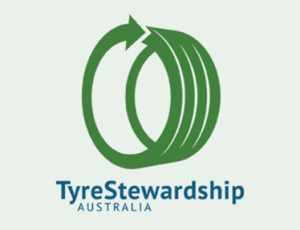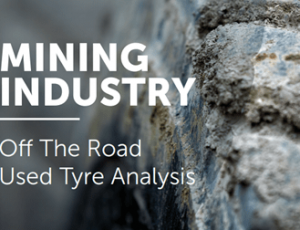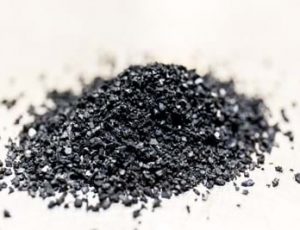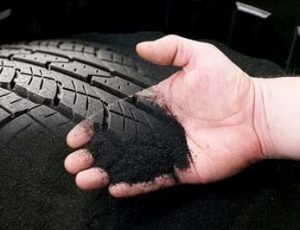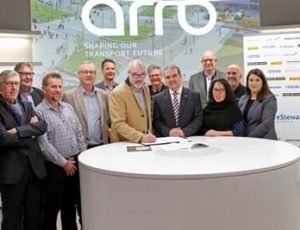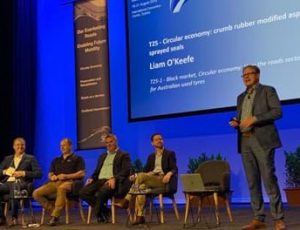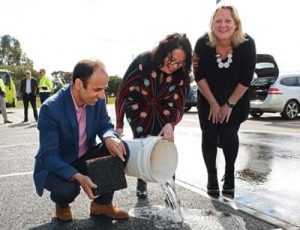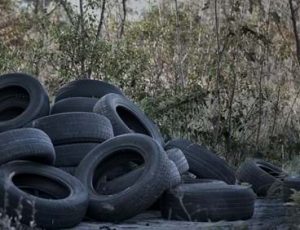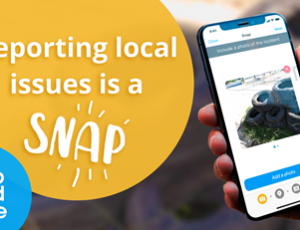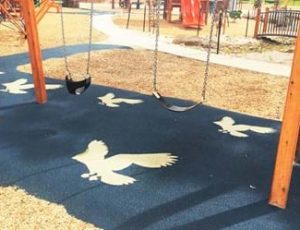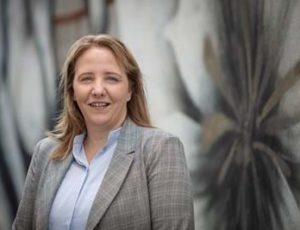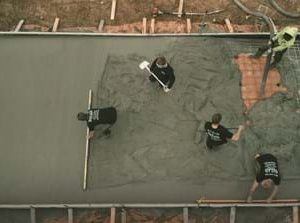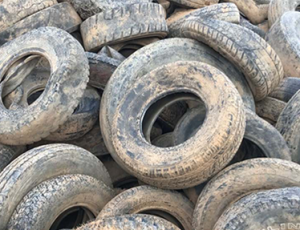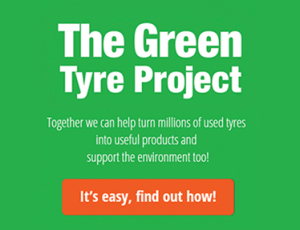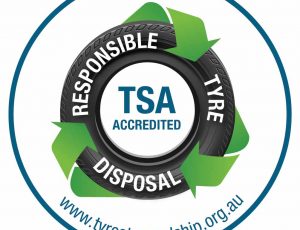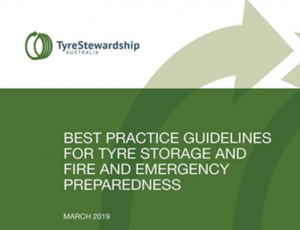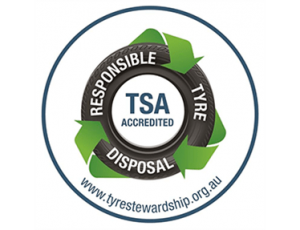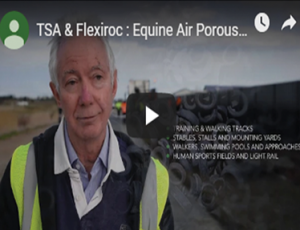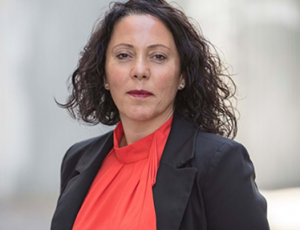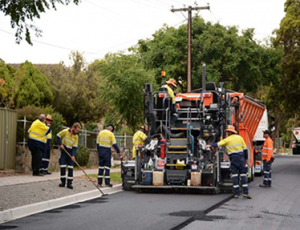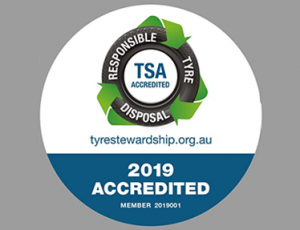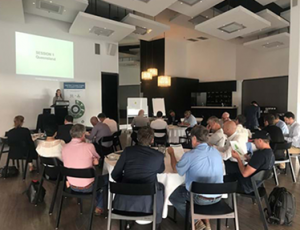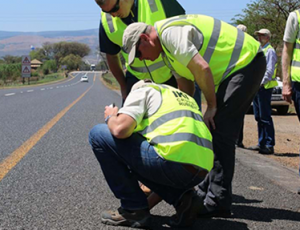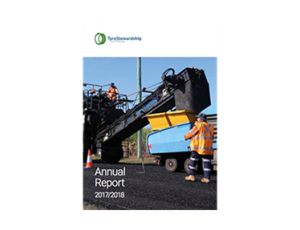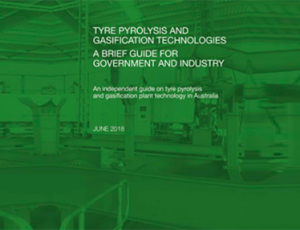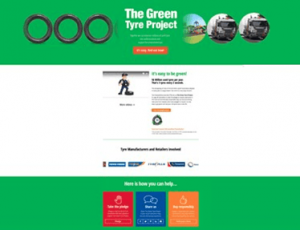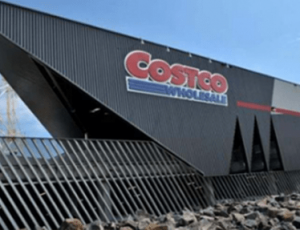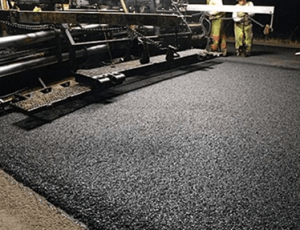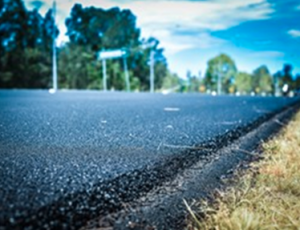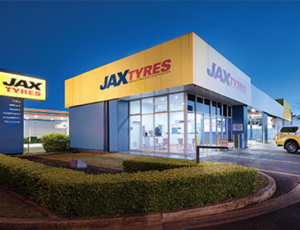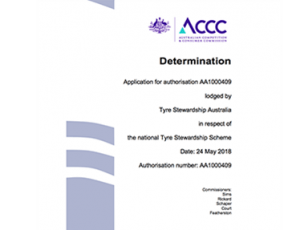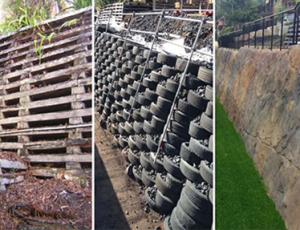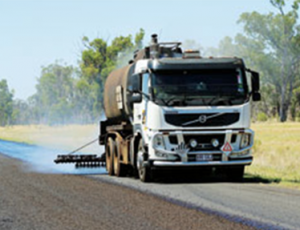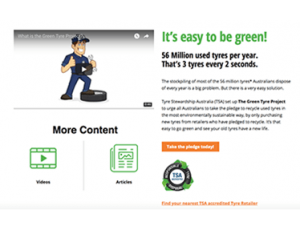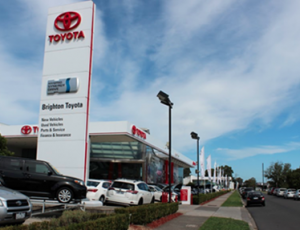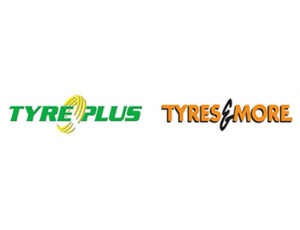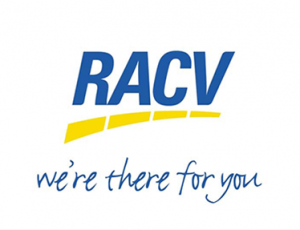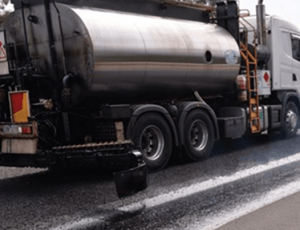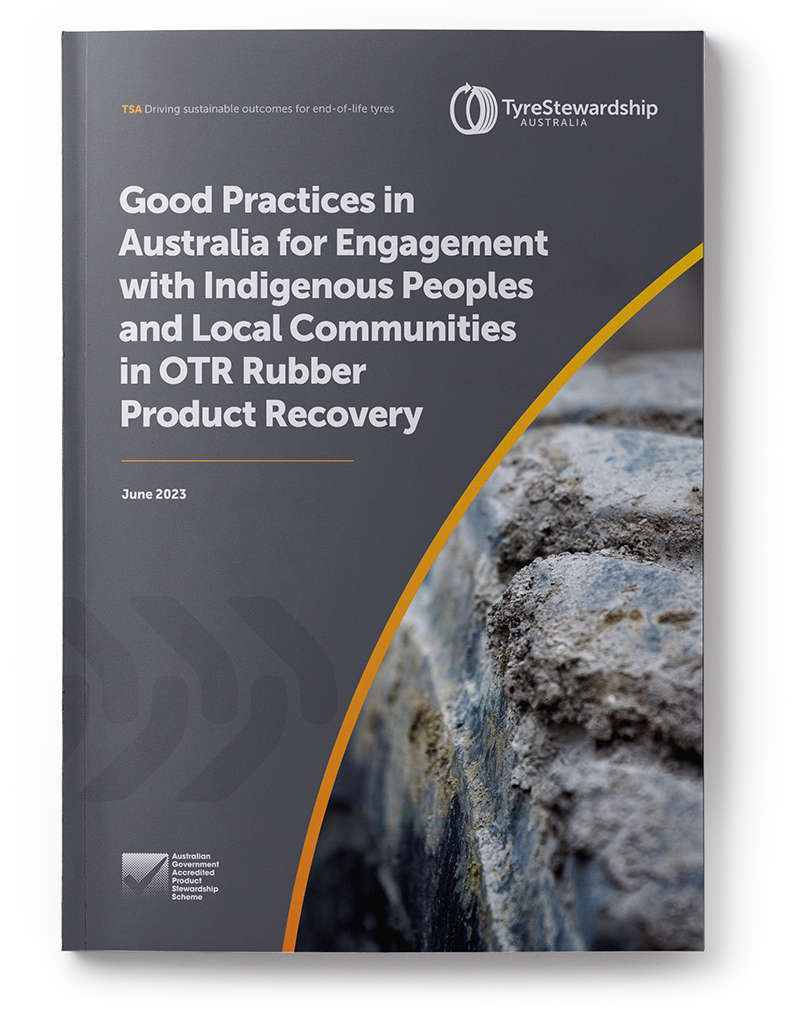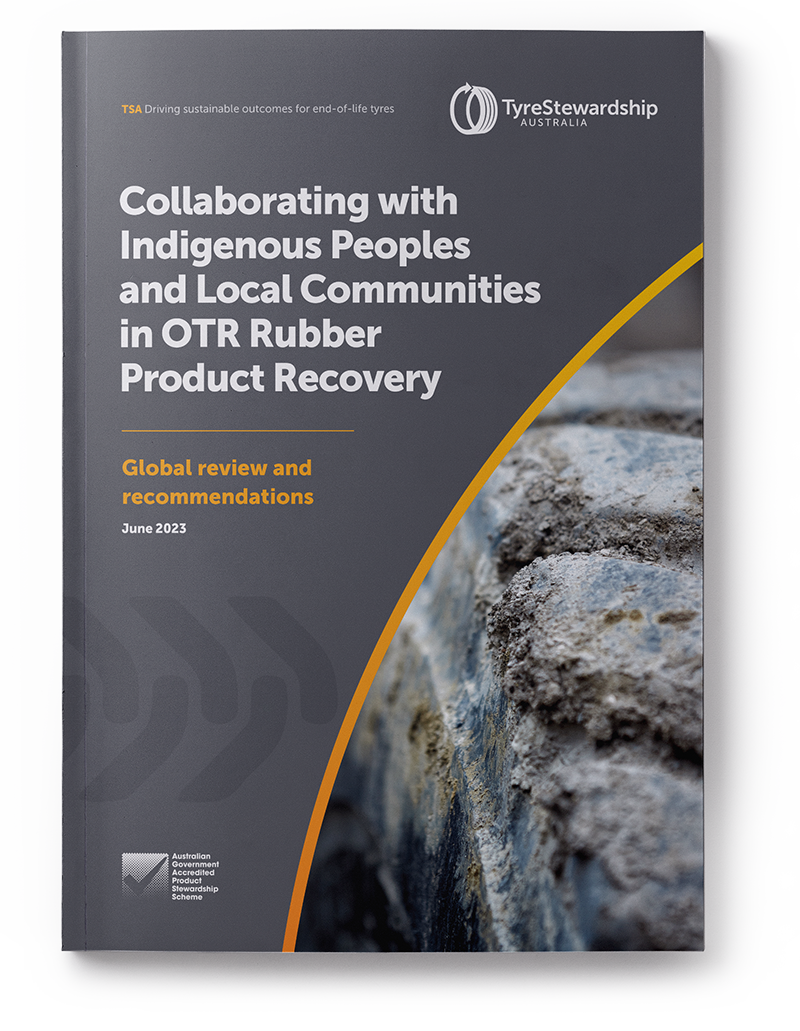Latest News

TSA News > New reports: A path forward for stronger collaboration with Indigenous Peoples and Local Communities to accelerate tyre resource recovery in regional, rural and remote Australia
New reports: A path forward for stronger collaboration with Indigenous Peoples and Local Communities to accelerate tyre resource recovery in regional, rural and remote Australia
29 June 2023
TSA has today released two reports which provide best practice engagement principles for use by industry, government and Indigenous Peoples and Local Communities to increase resource recovery of Off-The-Road (OTR) rubber products such as tyres, conveyor belts and tracks.
This is a clear set of principles for OTR rubber resource recovery which recognises and accounts for the needs and expectations of Indigenous Peoples and Local Communities (IPLCs).
The recovery of OTR rubber products – such as tyres, conveyor belts and tracks – represents significant opportunities for regional, rural and remote communities to reduce environmental risks for future generations and create new markets, commercial enterprises and jobs.
Tyres and other OTR rubber products predominantly end their life in regional, rural and remote Australia. Only about 10% are recovered whilst about 90% are disposed of onsite, in stockpiles or landfill, often co-located in areas of significance to IPLCs across Australia. Around 80% of this waste is generated by mining and 10% by agriculture.
TSA CEO, Lina Goodman, explains: “Our research shows that, if we are to leverage the very-real rewards of OTR rubber resource recovery in regional, rural and remote Australia, we must have collaboration between OTR rubber product users and IPLCs.
“Not just box-ticking, but real collaboration that recognises and accounts for historic, existing and future issues, perceptions and points of sensitivity for those communities. We cannot move forward without this.
“The challenge is where to start. Although there are countless guides and frameworks out there which offer principles for IPLC engagement, there is no single solution or template for OTR product stakeholders that is right for every situation in every community.
“Our goal with this research was to create a clear, practical starting point and pathway forward for OTR rubber product users and IPLCs to work together in resource recovery, in a way that recognises the ‘unique’ attributes of their local community and enables principled and appropriate engagement.”
The research, commissioned by TSA and conducted by Resource Equity (RE) and RMIT University (RMIT), connects global, national and local findings in two companion reports:
- Good Practices in Australia for Engagement with Indigenous Peoples and Local Communities Engagement in OTR Rubber Product Recovery – June 2023
- Collaborating with Indigenous Peoples and Local Communities in OTR Rubber Product Recovery – Global Review and Recommendations – June 2023
The reports are free for use by all OTR rubber product stakeholders, including:
- Federal Government
- Indigenous Peoples and Local Communities
- Local governments
- OTR rubber product users in Mining, Agriculture & Forestry, Construction (and Demolition), Industrial and Aviation
- OTR tyre, conveyor belt and track manufacturers and importers
- State & Territory governments
- Tyre collectors and recyclers
- Tyre retailers
The reports are part of the TSA ‘OTR Project’, funded by the Australian Government’s National Product Stewardship Investment Fund and TSA, which provides a pathway forward for Australia to realise the benefits of OTR resource recovery, particularly in regional, rural and remote areas.
The reports can be found here.
-ends-
Media contact: Tolga Huseyin, Marketing Manager, 0499 270 038 or tolga.huseyin@tyresetwardship.org.au
Background on Tyre Stewardship Australia
Australia’s tyre product steward was established in 2014 to implement the national Tyre Product Stewardship Scheme (TPSS) – an ACCC-authorised industry framework to reduce the environmental, health and safety impacts of the 56 million Equivalent Passenger Units (EPUs) which reach their end of life in Australia each year.
TSA’s vision is of a circular economy for end-of-life (EOL) tyres that contribute to a sustainable society.
It works all along the tyre supply chain to minimise waste and increase value for government, industry, businesses and consumers, by:
- Accrediting TPSS participants – now 1,700 and counting, including tyre manufacturers, retailers, collectors and recyclers who are committed to sustainable practices
- Working with levy contributors to invest in market development initiatives including
- research and development
- commercialisation of new productive uses for EOL tyres driving the transformation of a waste product into a useful commodity, creating new industries and jobs while reducing the environmental harm caused by the illegal dumping of old tyres
- Providing a range of ESG tools and services for government, industry, research & development and consumers, including
- Foreign End Market verification platform – the only global platform that verifies Australian-generated end-of-life-tyres are not causing environmental or social harm at their final destination
- TSA Circular Collaborator platform which supports products manufactured in Australia using tyre-derived material
